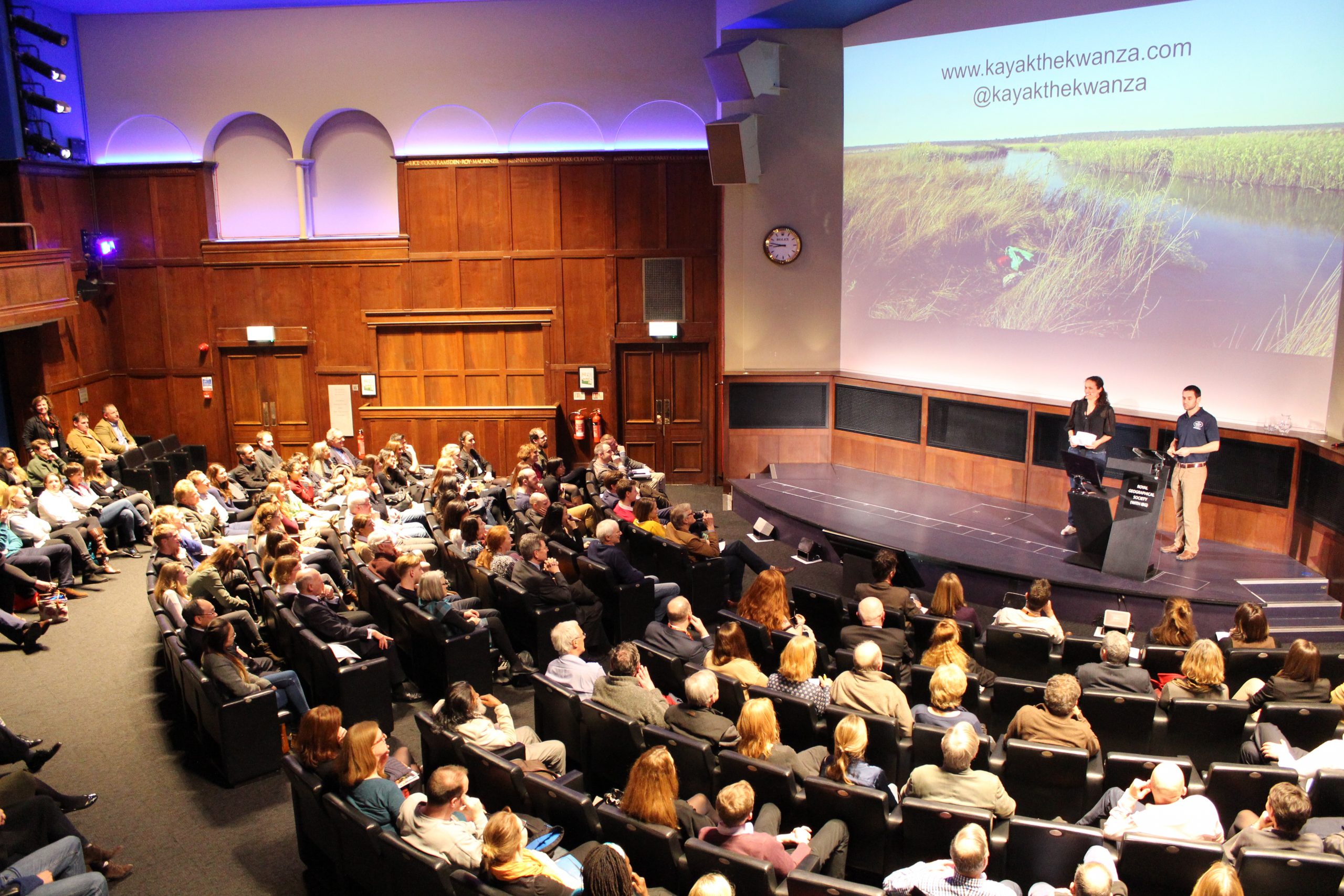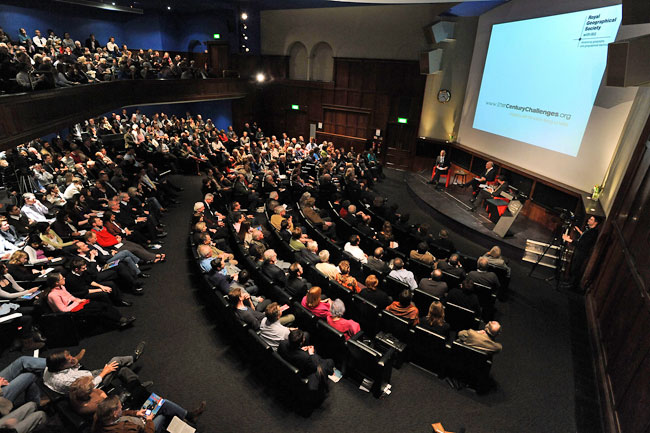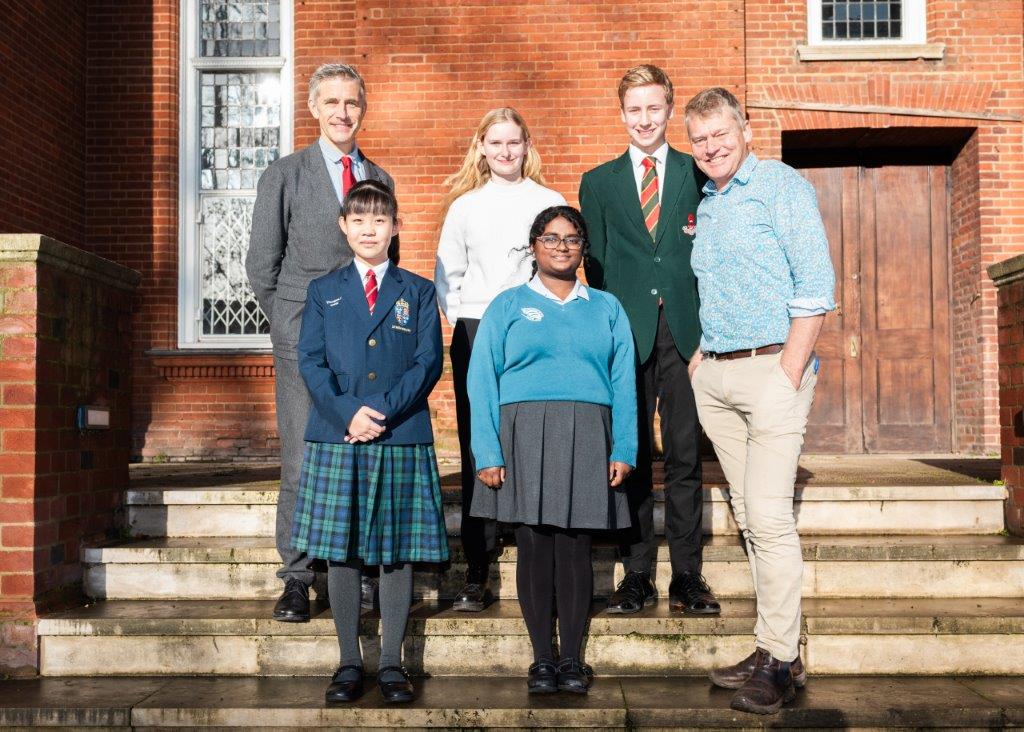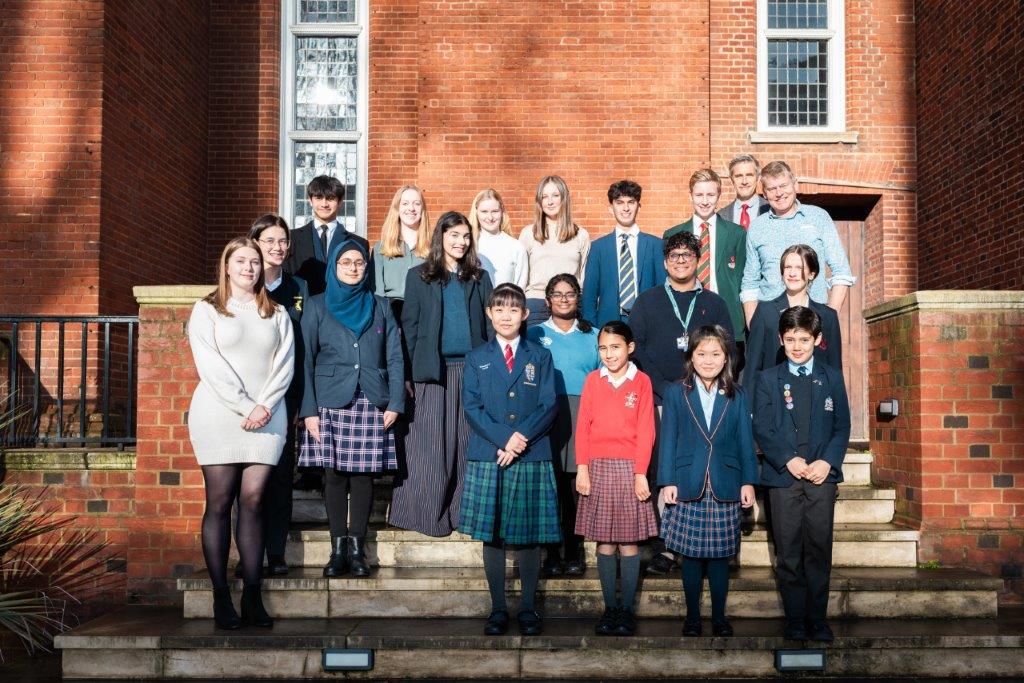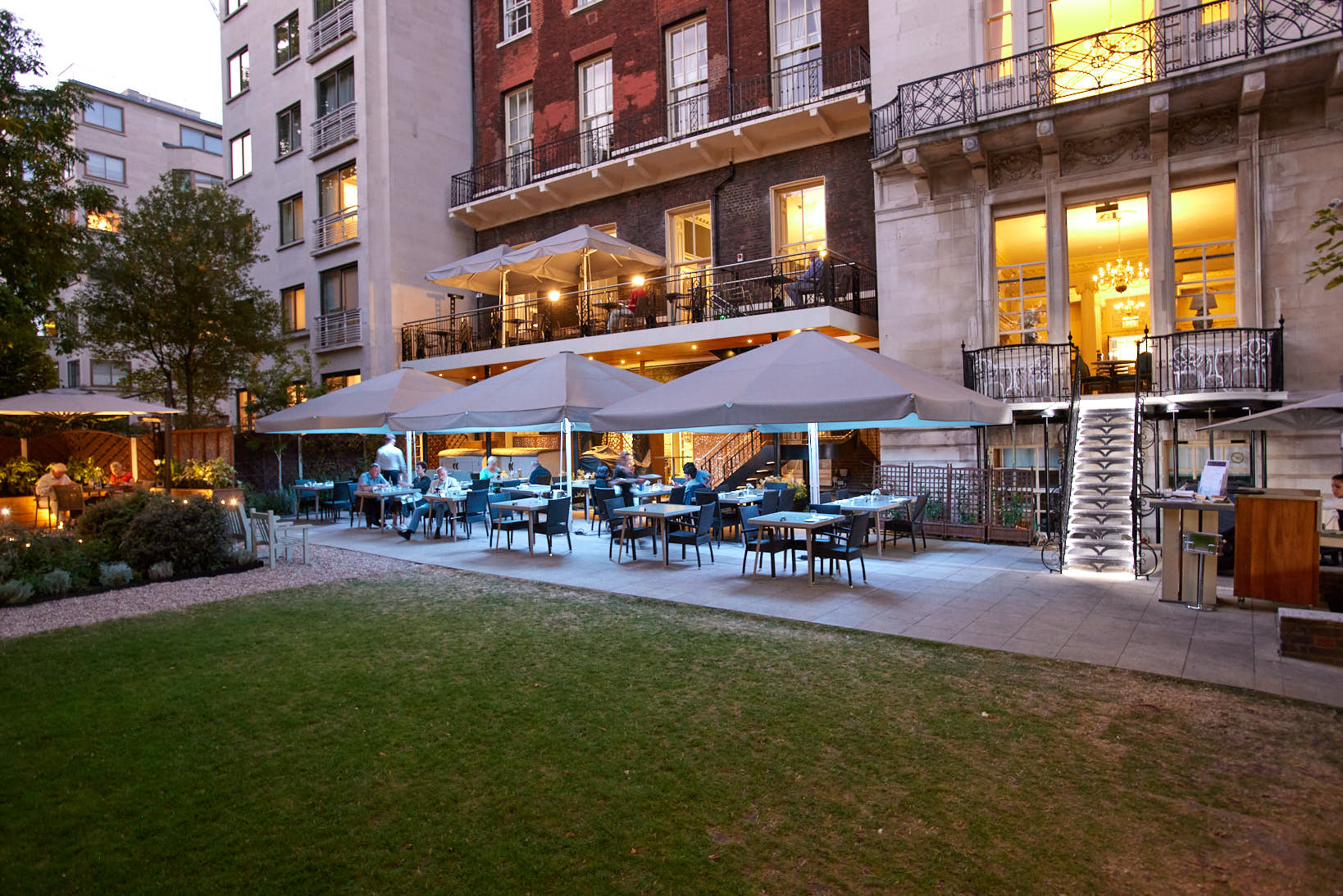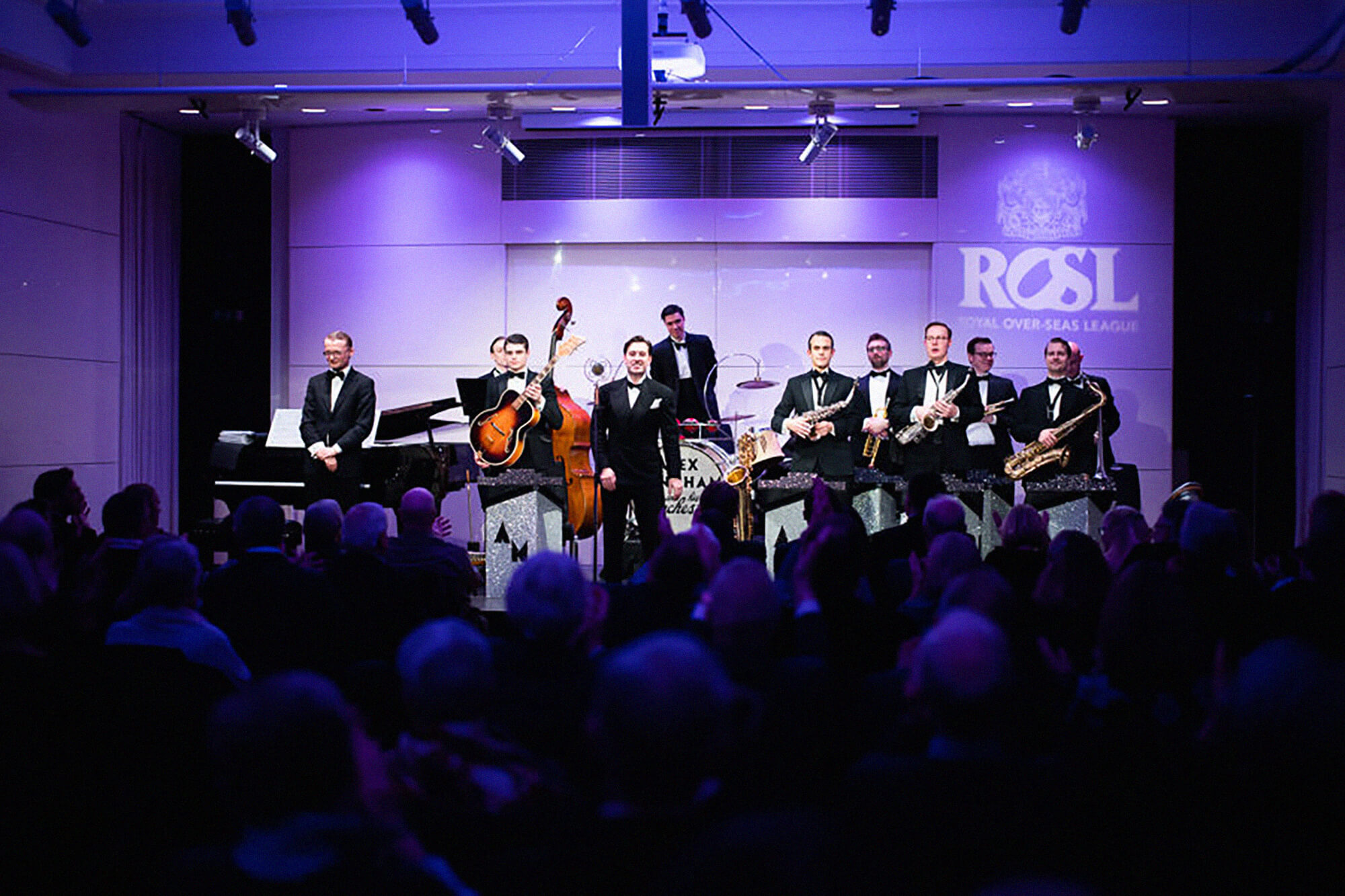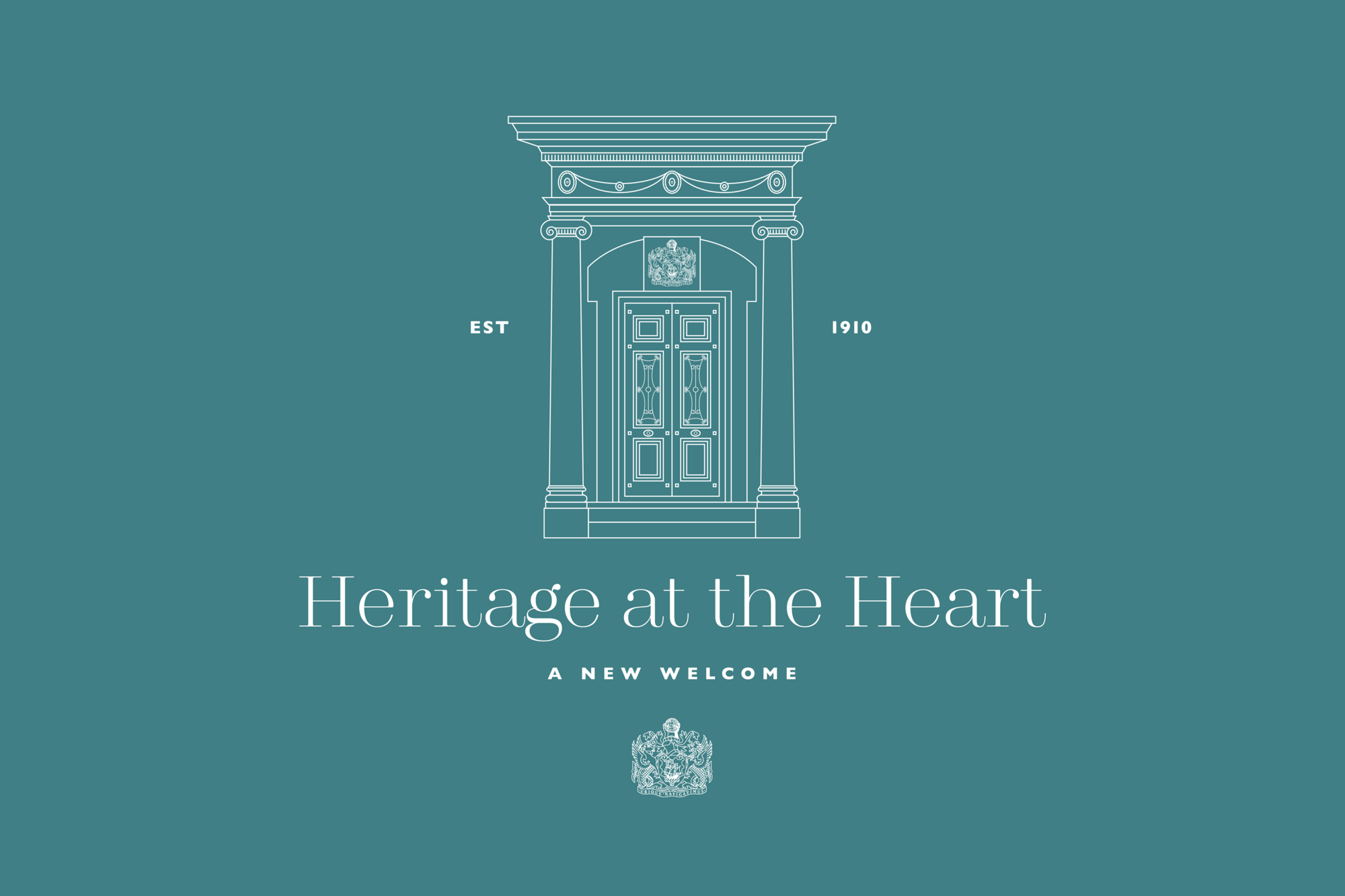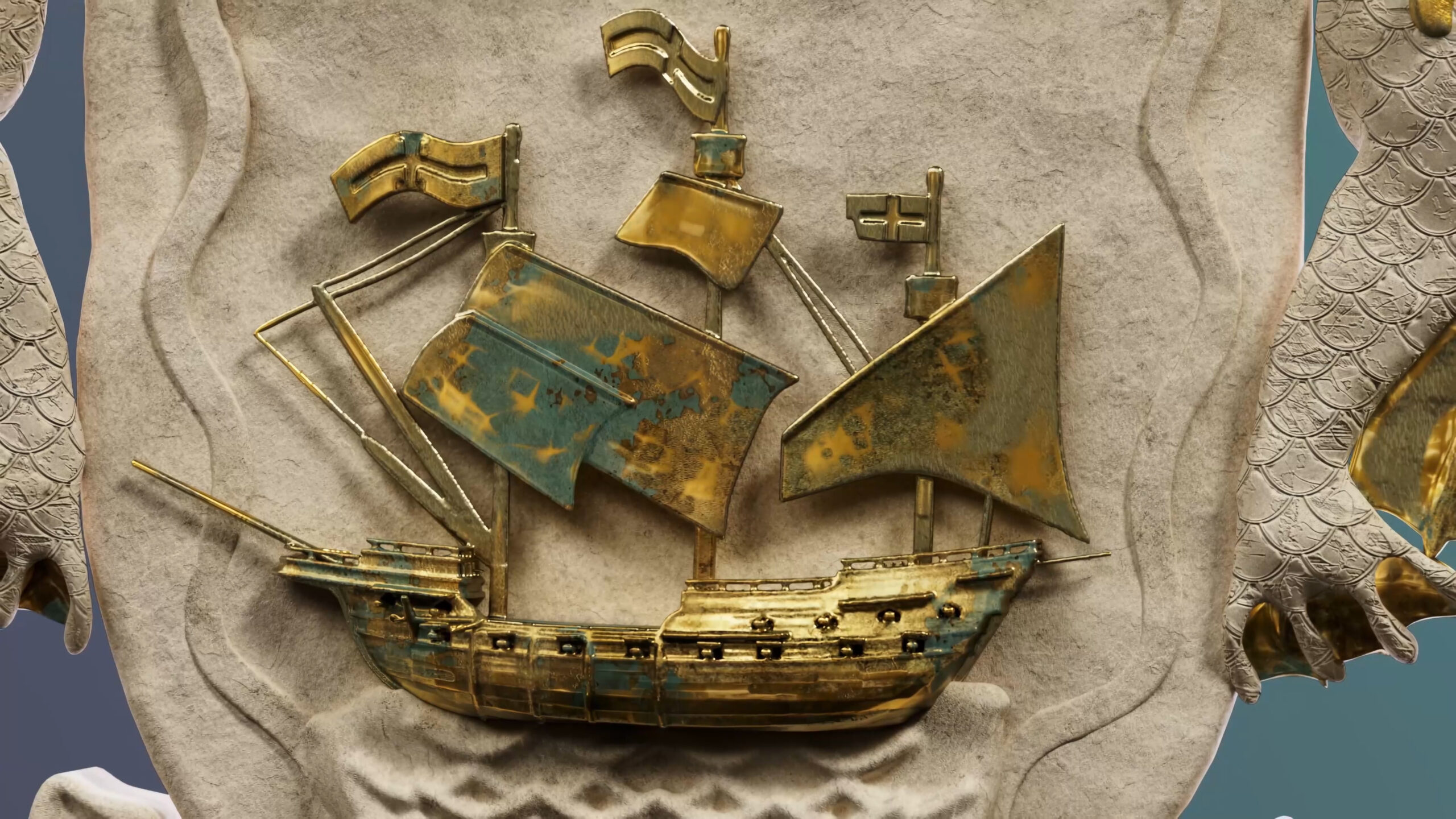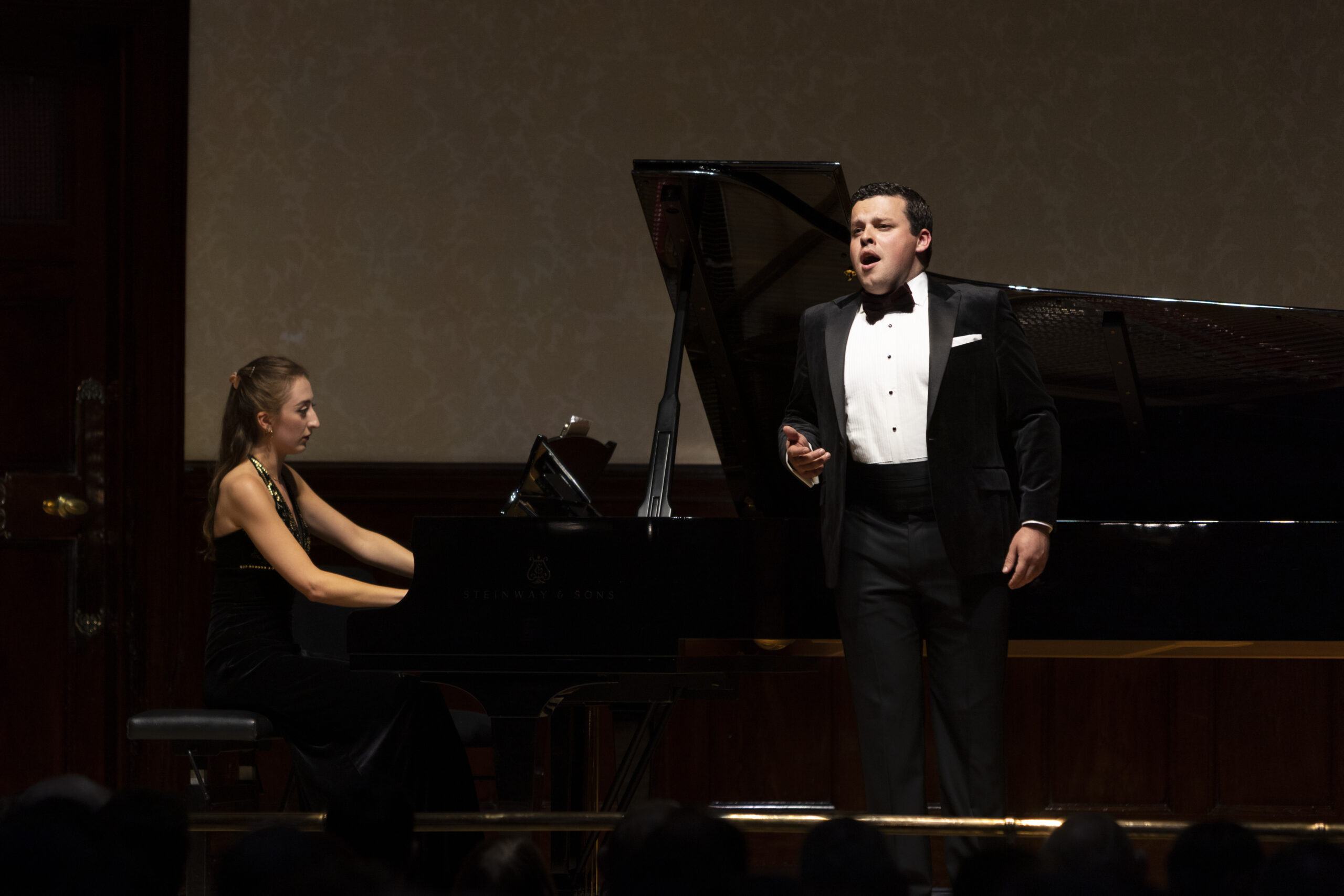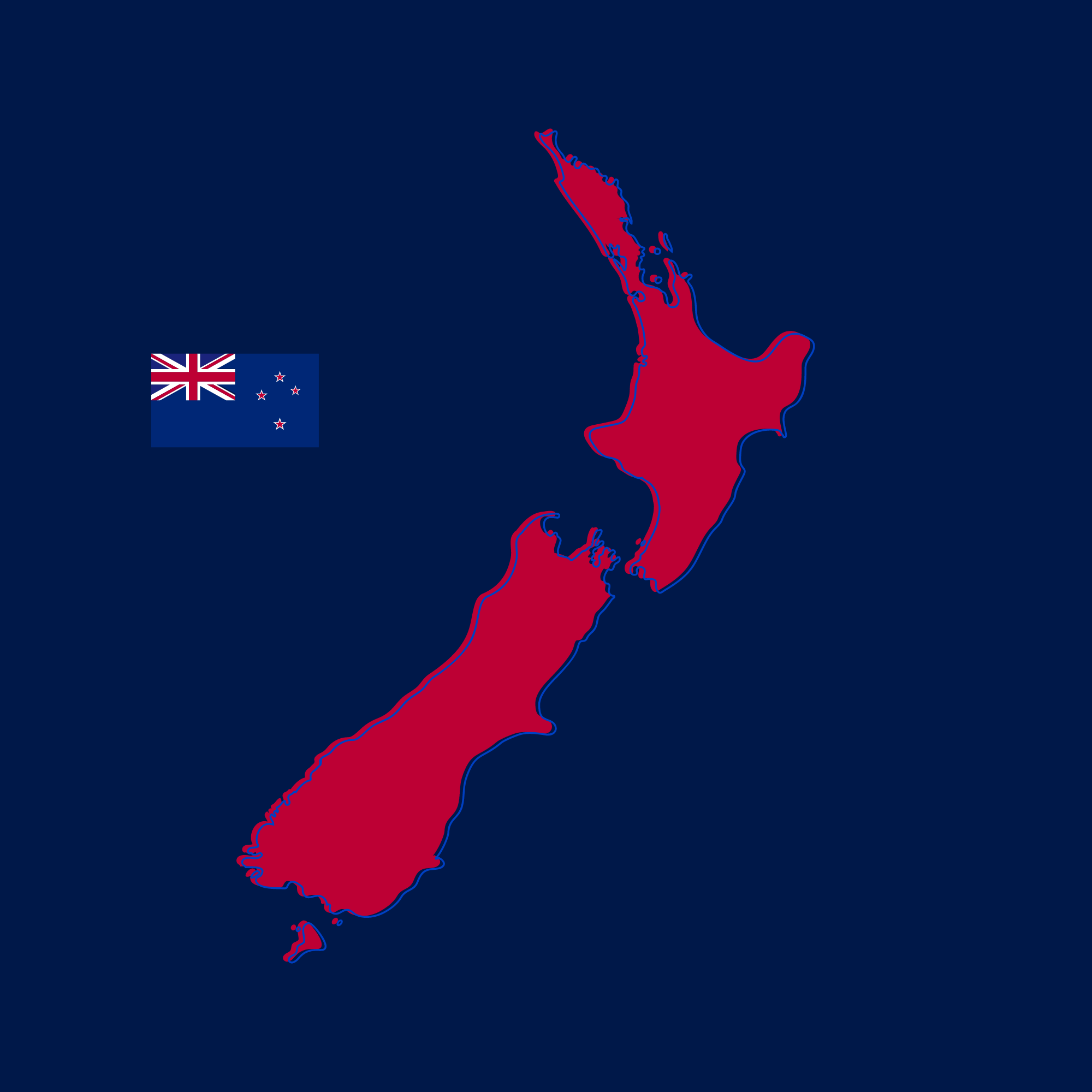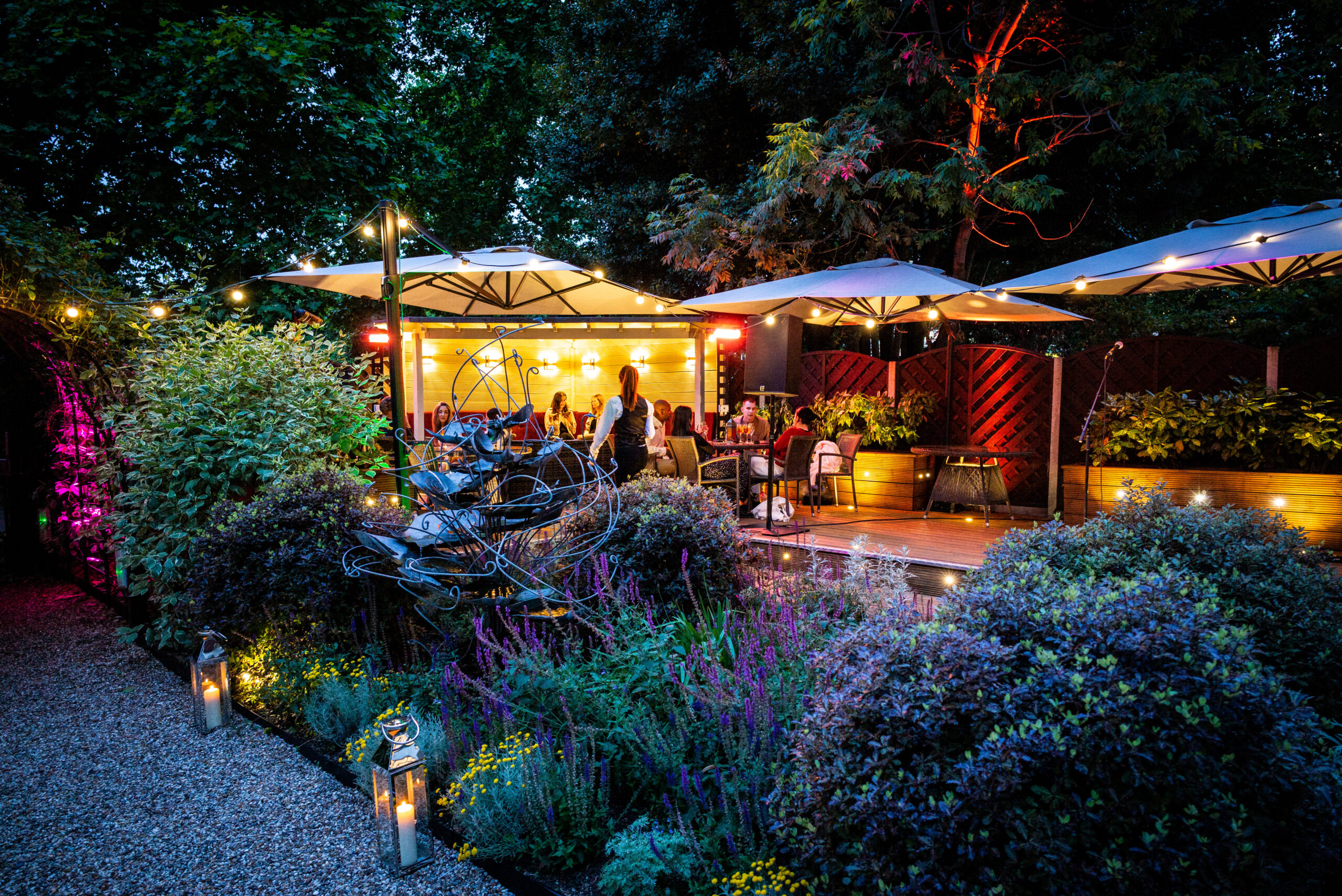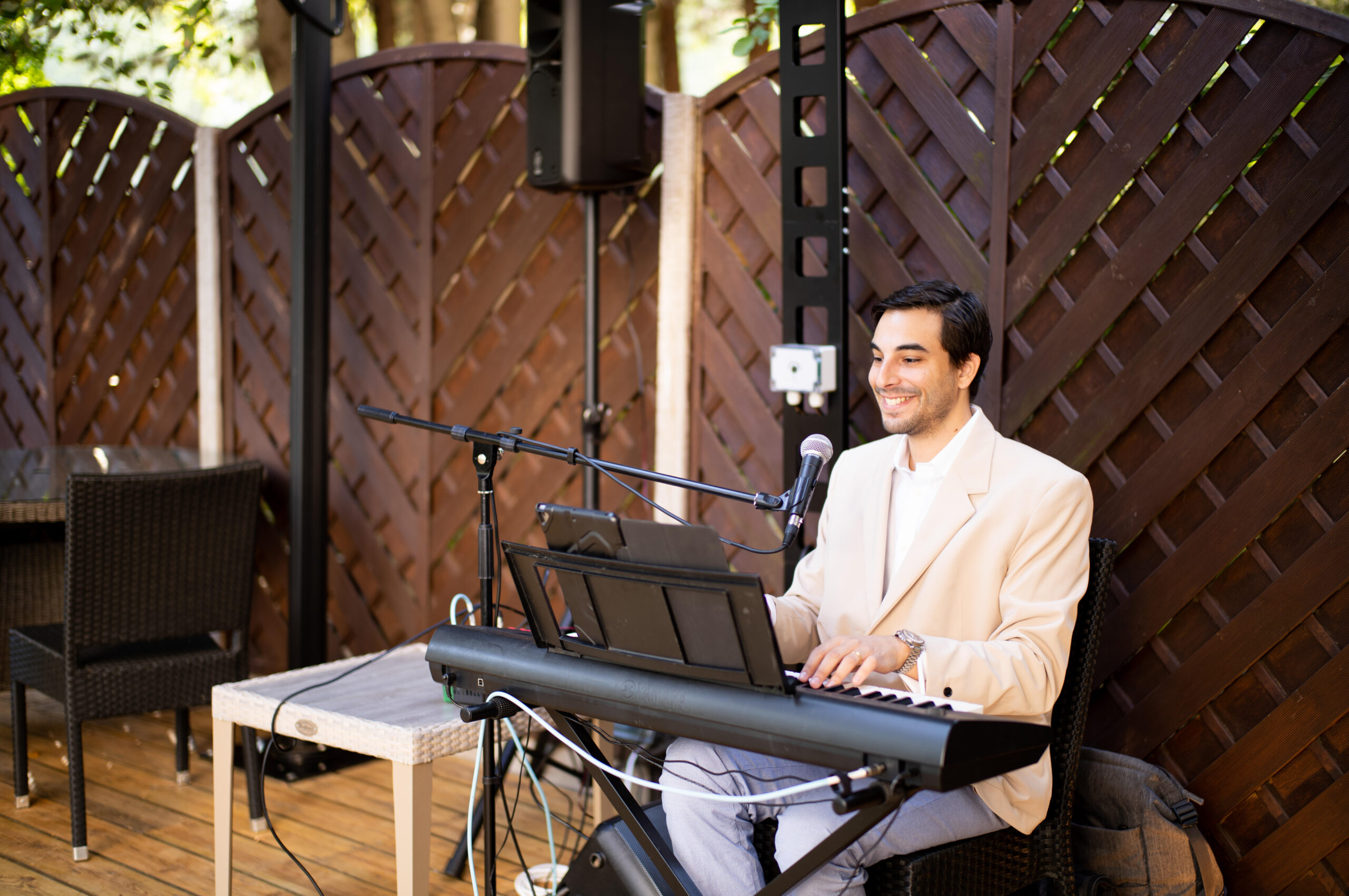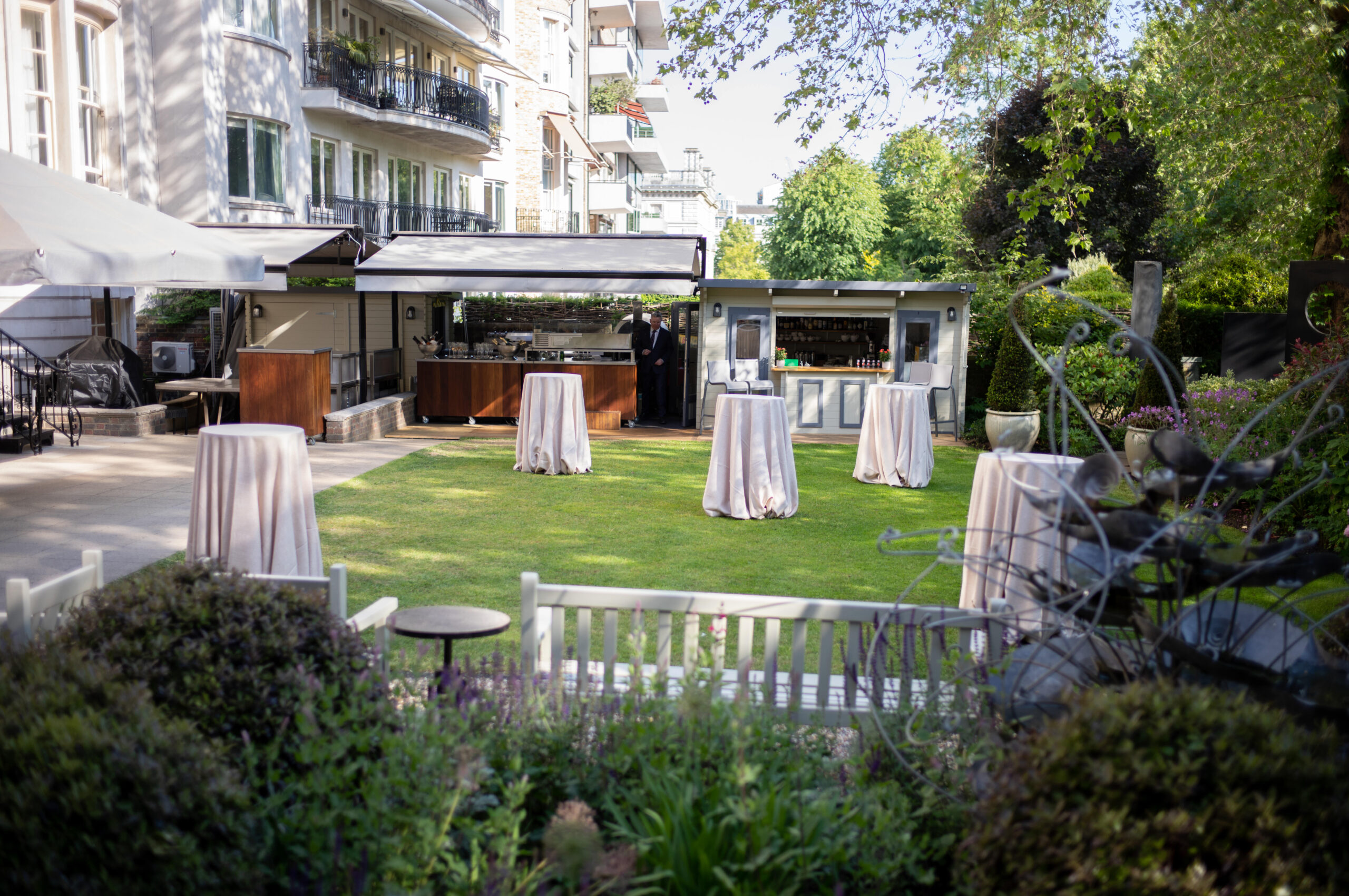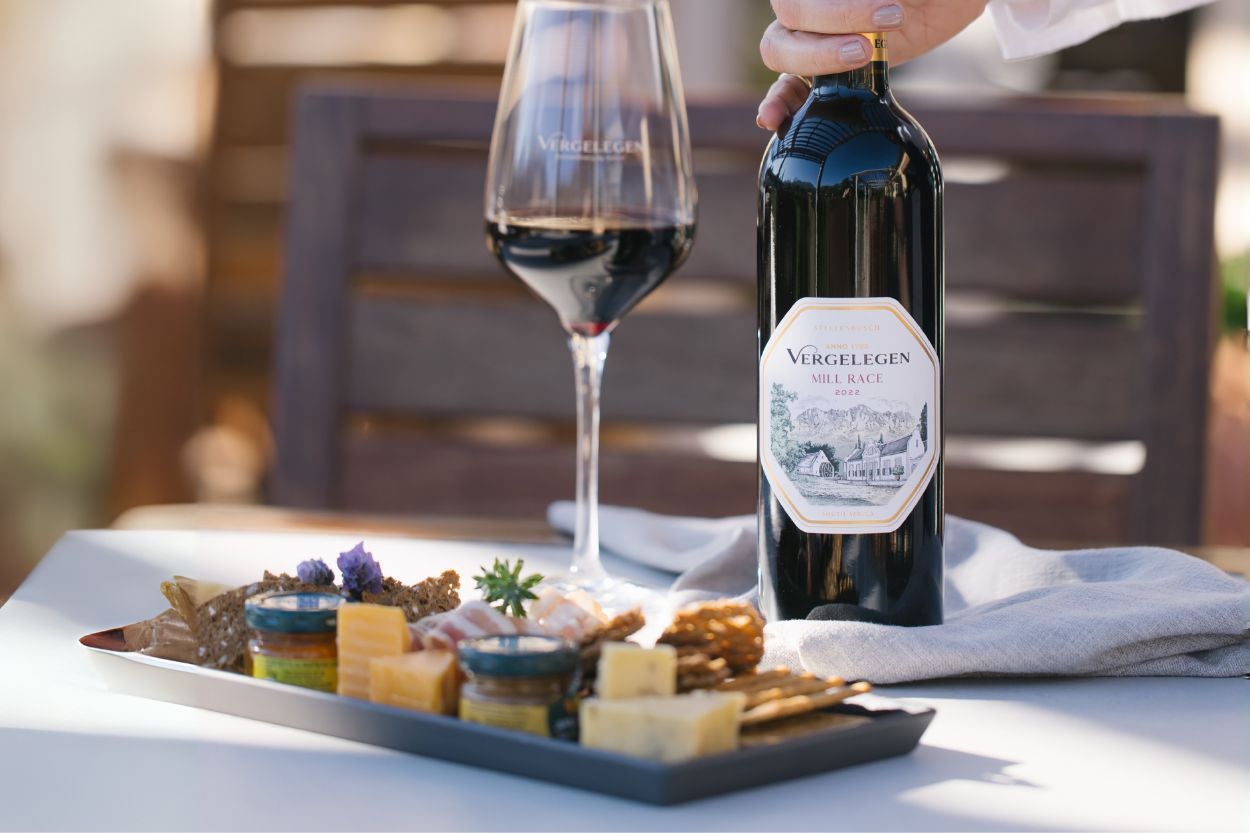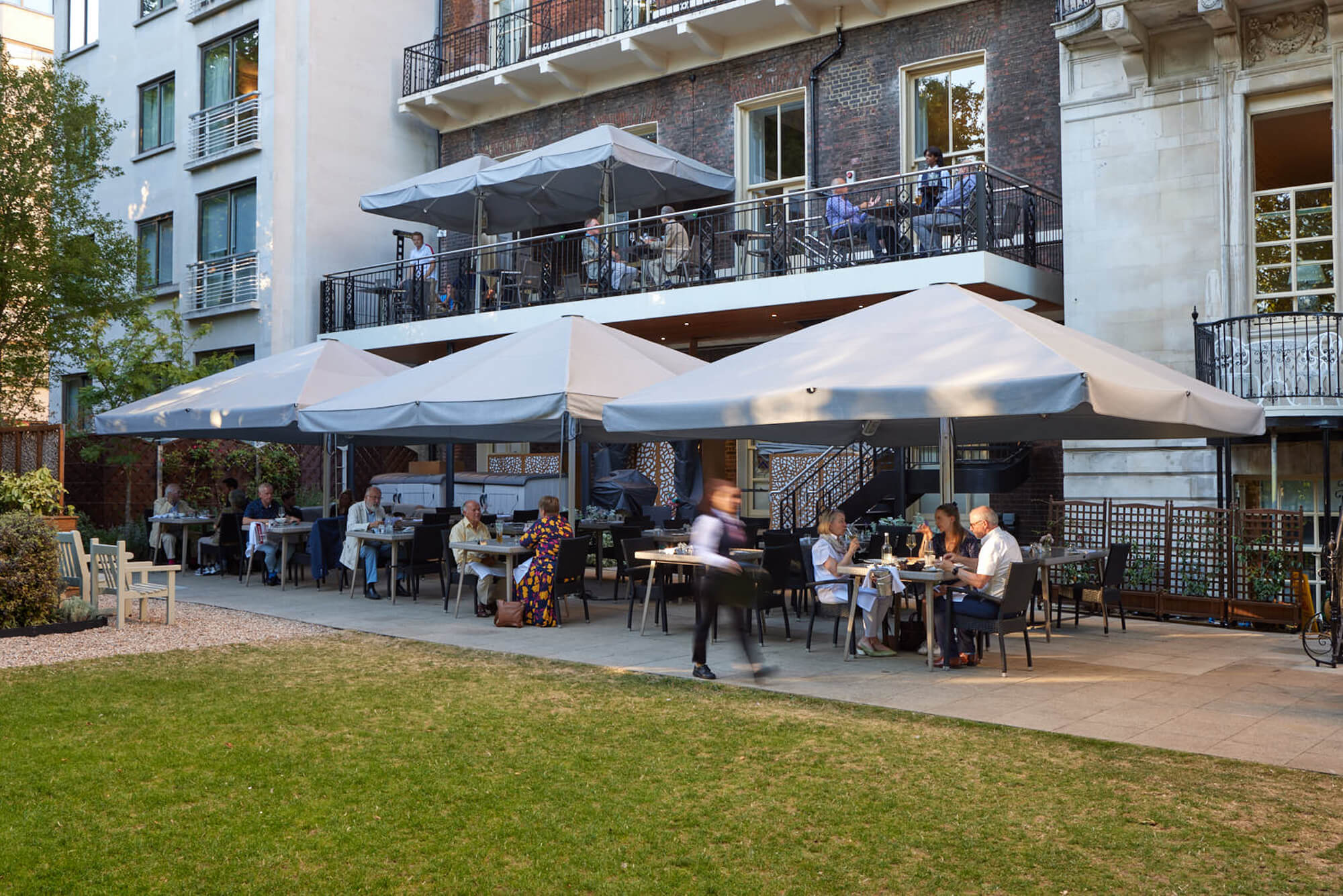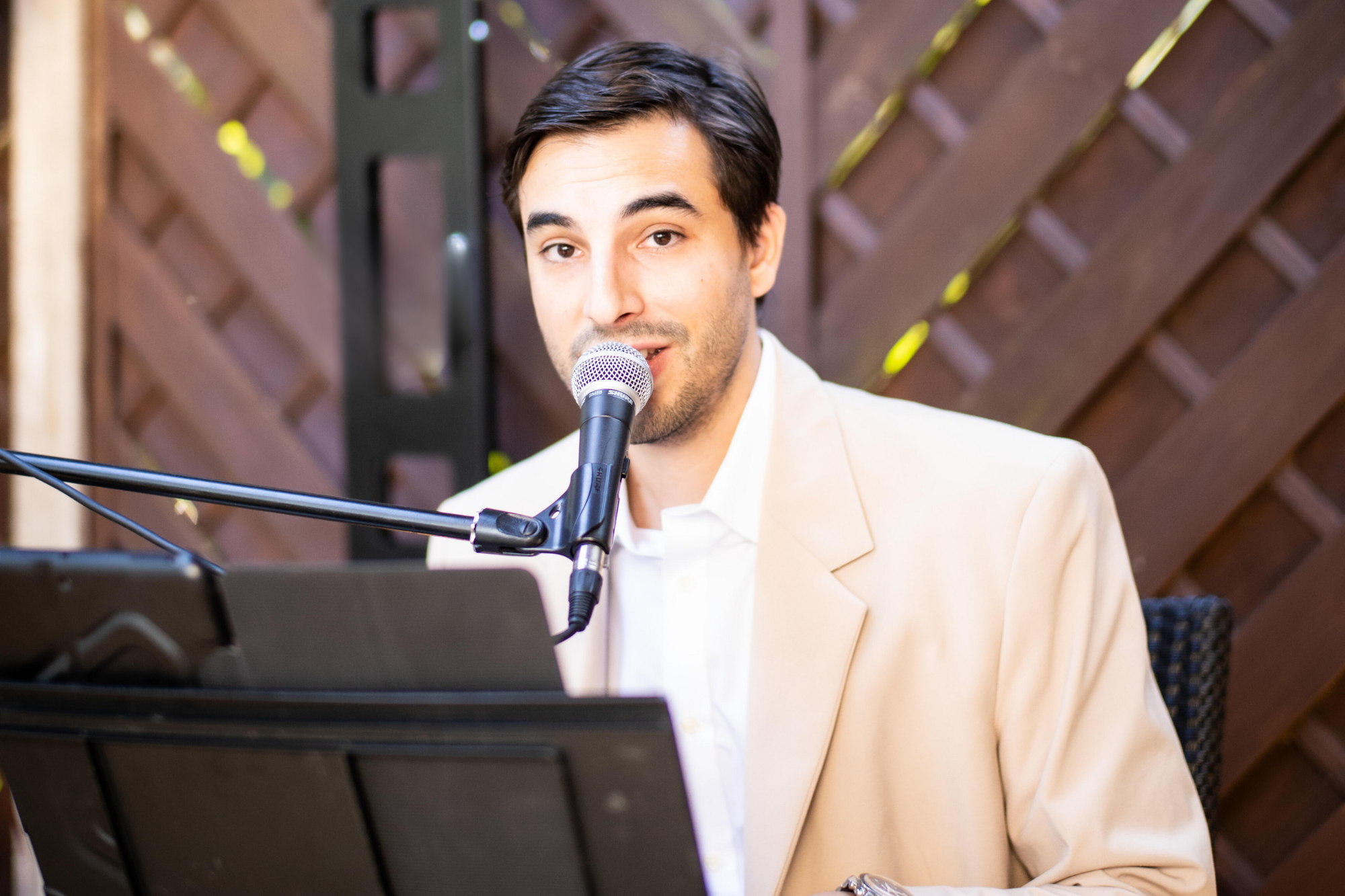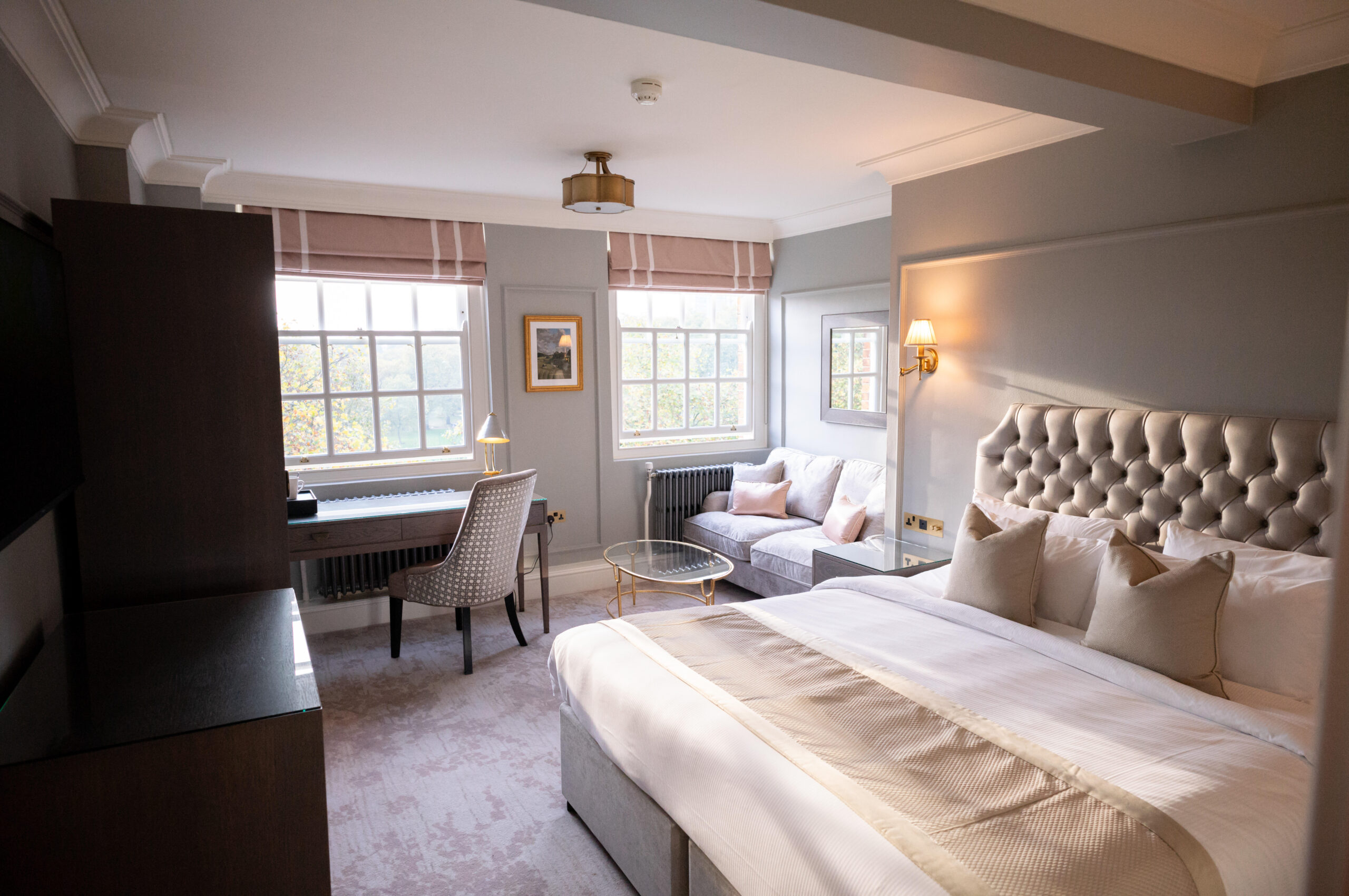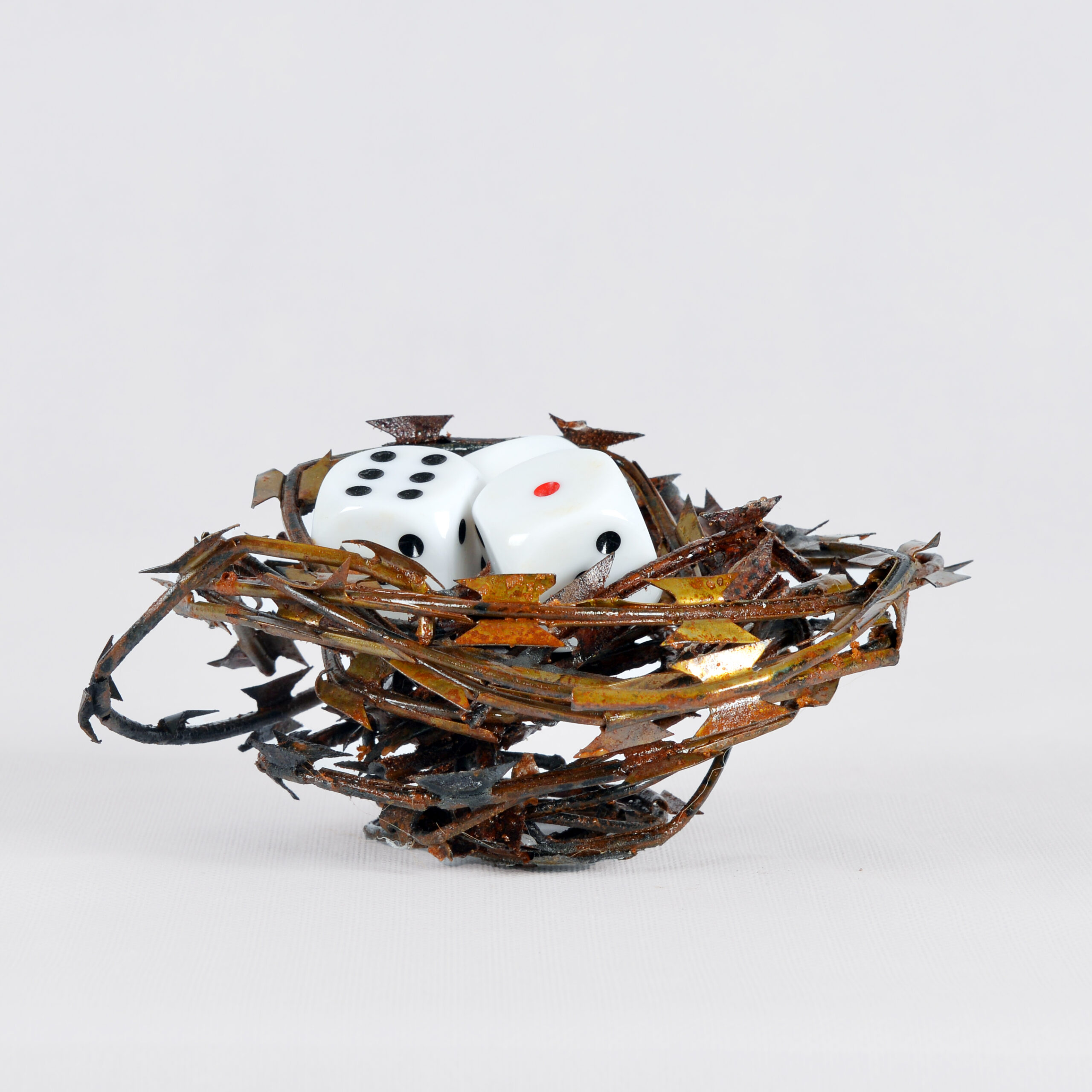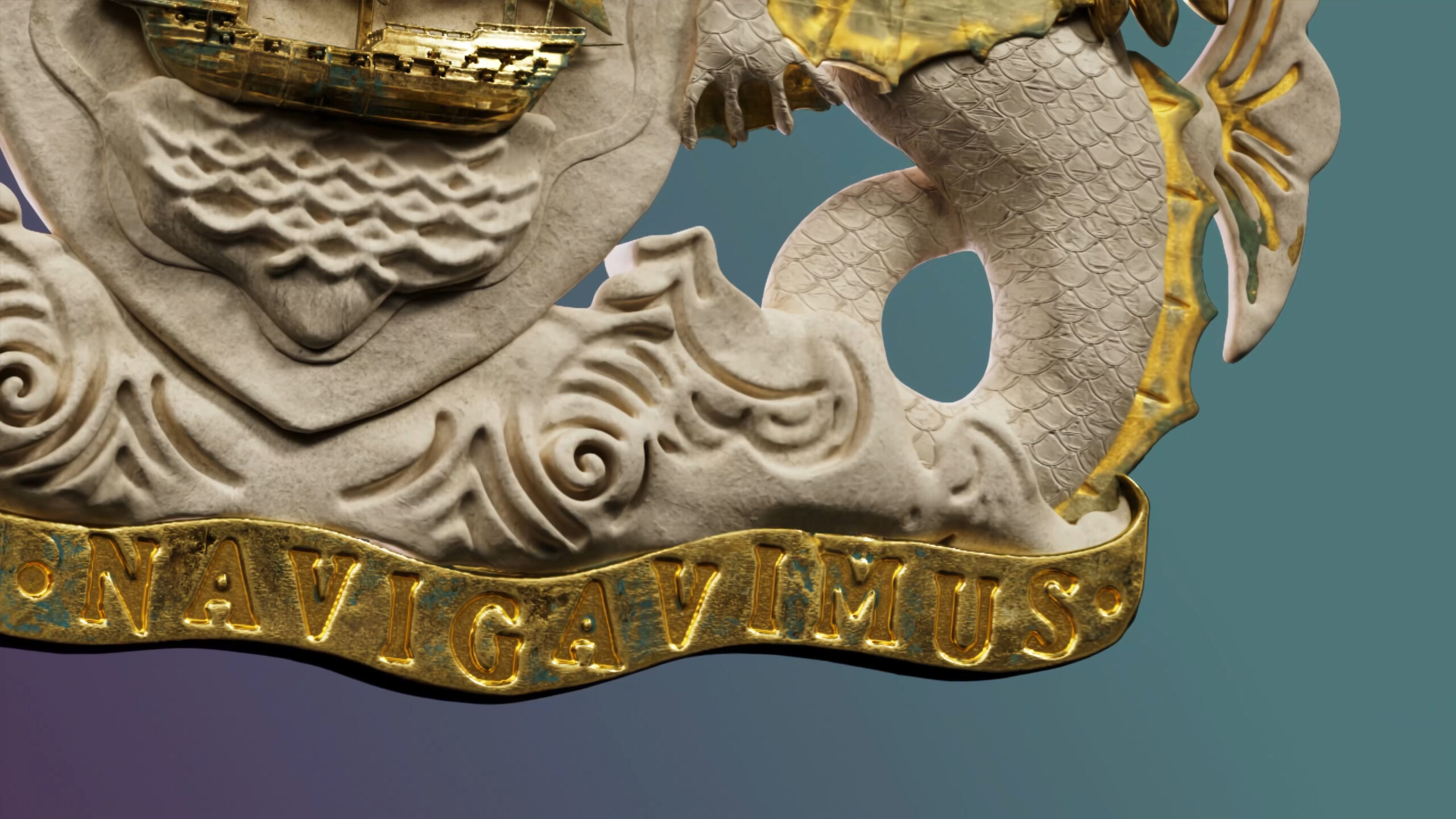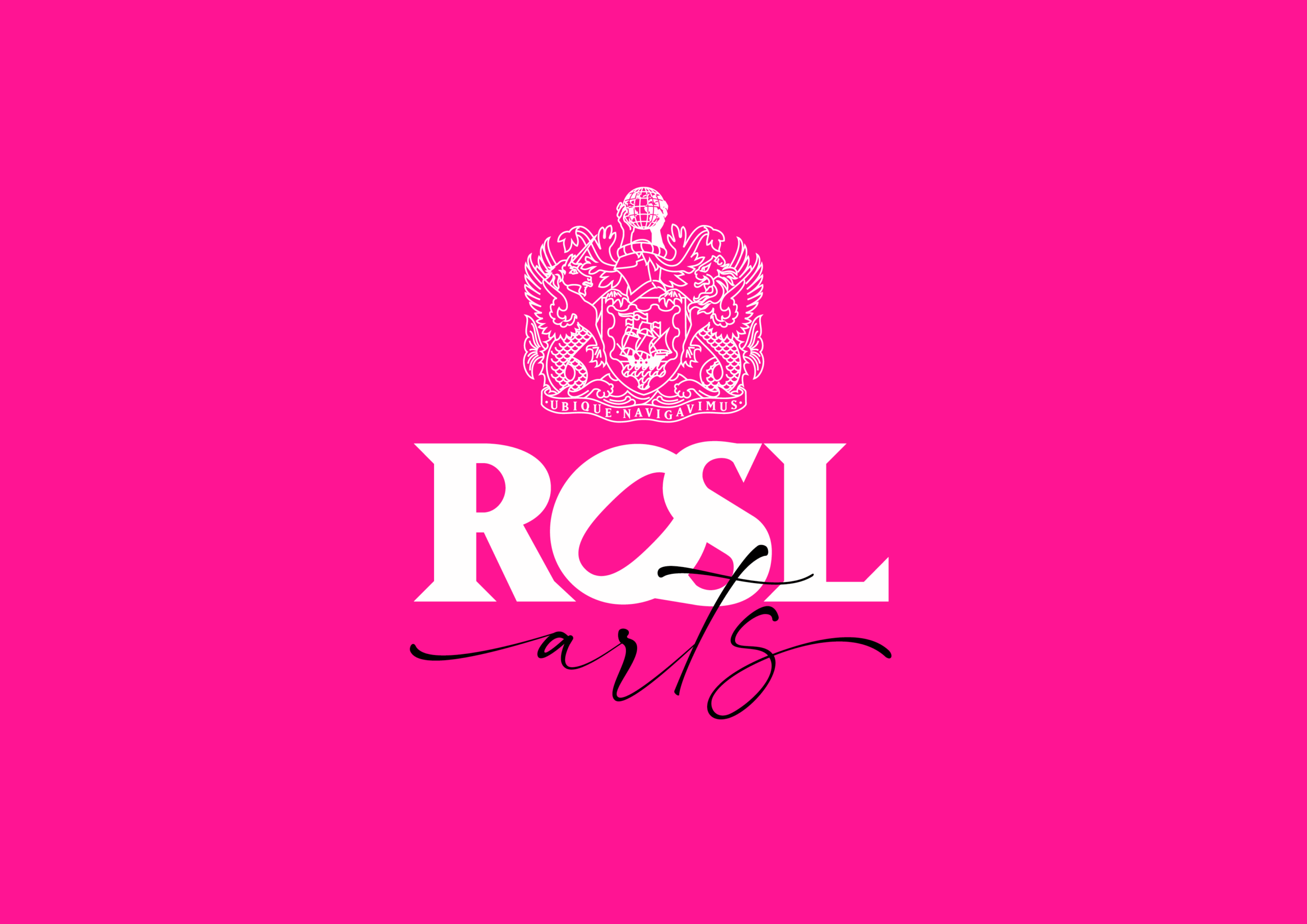- About Us
- Membership
- What’s On
- ROSL Events
- About Club Events
- Public Affairs
- Calendar of Events
-
Upcoming Events
-
Annual Music Competition, Gold Medal Final 2025
Fri. 18 July - 19:30
![ROSL Annual Music Competition 2024 Wigmore Hall]()
-
NZ Concert & Garden Drinks
Mon. 21 July - 18:15
![ROSL_Pettman_Scholars_2024_Lorna_Madeleine_NZ_Concert]()
-
Saxophone Lounge Nights in the Garden
Fri. 25 July - 18:30
![Brabourne Room & Garden, Club’s Brabourne Room The Garde an Rosl]()
-
Jazz in the Garden
Fri. 01 August - 19:00
![Jazz in the Garden - Oliver Lord]()
-
Jazz in the Garden
Fri. 08 August - 19:00
![ROSL garden Green Park]()
-
Jazz in the Garden
Fri. 15 August - 19:00
![Corporate Photographer London]()
-
Cheese and Wine Tasting with Paxton & Whitfield and Vergelegen Estate
Wed. 20 August - 18:45
![Vergelegen Estate and cheese]()
-
London History Series Talk: The 20th Century and Beyond
Thu. 21 August - 18:00
![20th century London credit alamy stock country life]()
-
Jazz in the Garden
Fri. 22 August - 19:00
![ROSL_garden_green_park_view4]()
-
Jazz in the Garden
Fri. 29 August - 19:00
![jazz-in-the-garden-nights-oliver-lord]()
-
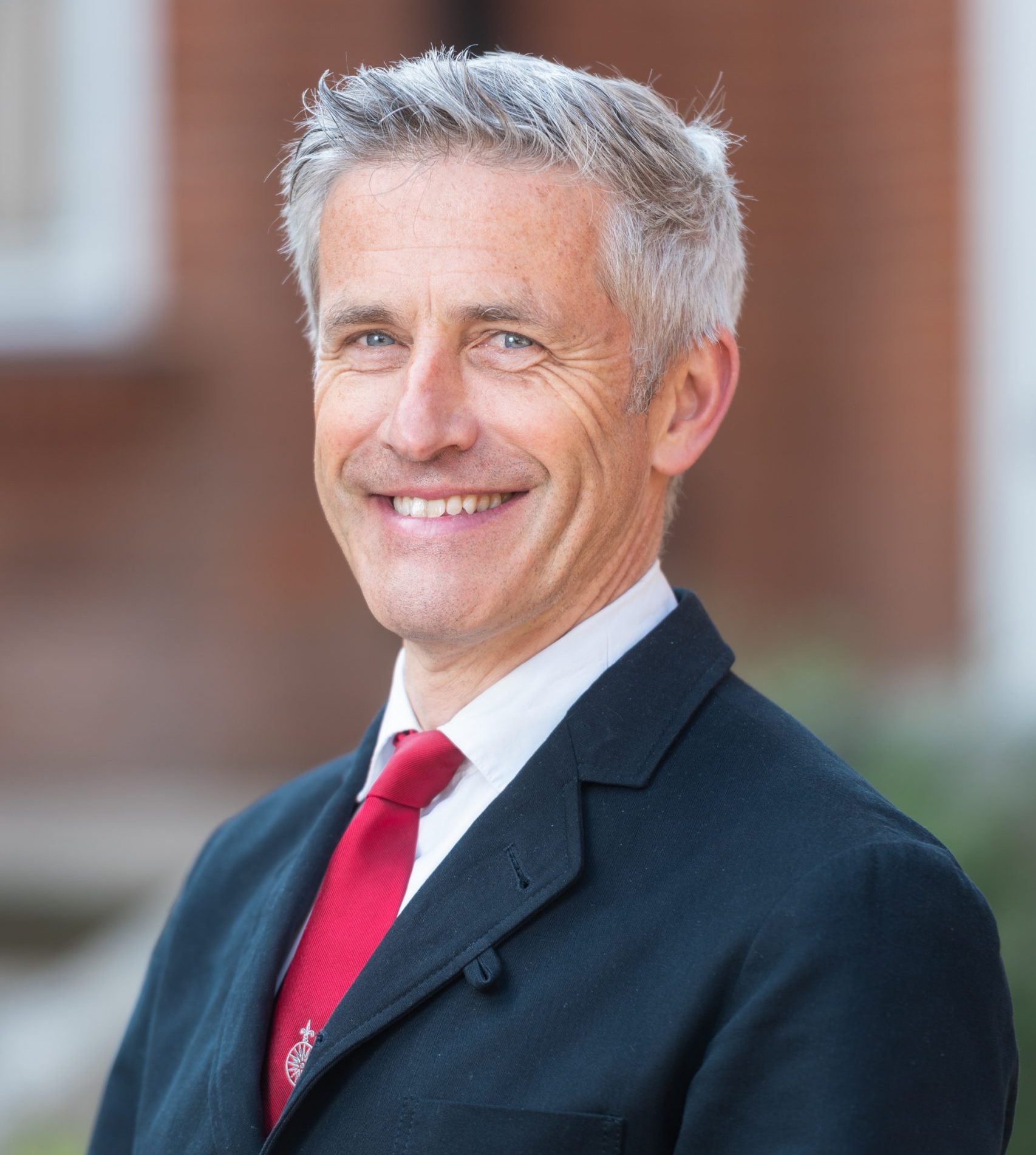
Director Professor of the RGS, Joe Smith
Overseas Journal | Inside the Royal Geographical Society
10 April 2024
From supporting some of the earliest pioneering explorers to advancing discussions around the big issues facing environments and communities globally, the Royal Geographical Society is a truly unique institution. Rosie Allen speaks to Director Professor Joe Smith about the role of storytelling in the fight against climate change and why social media could be a positive force for purposeful travel.
Could you give our members a bit of background on what the RGS stands for and what you do as an institution?
For me the Royal Geographical Society and its family of enthusiasts is here to gain a greater understanding of the world and to make it a better place and I like to think that we’re here to try to get humanity to the end of the century in better shape than it started it. That’s my version of our founding mission which is the ‘advancement of geographical science’. In the 19th century – we were formed in 1830 and got a Royal Charter in the 1850s – we were a key part of Britain’s colonial mission, primarily through holding a collection of maps and supporting and enabling expeditions. Today advancing geographical science means understanding the world better and sharing what we know, but obviously our purpose and audiences are very much wider and there are a number of expressions of that. As an example, we hold an Annual International Conference which attracts more than 2,000 geographers from around the world, we publish five academic journals a year and we’ve got a collection of around a million maps and a million other artefacts that can help to tell the story of pretty much any place in the world you could throw at us, which is quite a powerful thing. And then we’ve got a popular programme of events including a Monday night lecture series that run weekly in three ‘terms’. Those cover a mix of purposeful travel, of new publications and films and policy themes. With investment in cameras and other kit, they have essentially turned into a broadcast channel for enthusiasts of geography, environment and sustainability. So that means that we are also a great place for enthusiasts about global themes to come to. In recent years there’s been more expectation of accountability from historic institutions in regards to their pasts – how have you been navigating that? I’ve given you a clear and positive account of our role in the world today, but at the same time we don’t want to pretend that a complex past didn’t happen. Indeed many of the stories associated for example with Edwardian expeditioning are incredibly inspiring – I defy anyone not to be energised by the trials of Shackleton’s crew escaping what looked like certain death and managing to bring back scientific samples with them on the Endurance expedition. But at the same time we shouldn’t be frightened of walking right up to the fact of the institution’s role in Britain’s colonial project. That’s part of who we are. So as part of our work, we’re doing an interpretation project where we’ll rehang pictures in the building, and introducing more contemporary art and photography, and in doing so we’re not wrapping difficult figures in plastic and hiding them in the basement; we’re adding interpretation to explain why they were important at the time. Also we plan to add additional layers of interpretation that will be accessible online to add context and explanation. The key thing we want to do is to get people engaging with what we stand for today, which is particularly sustainability-driven problem-solving, understanding and addressing issues caused by migration, resource depletion and other global challenges we’re facing. Your background is in academia, notably as Professor of Environment and Society, and Head of Geography at the Open University.
What appealed to you about the role of Director at RGS and was there anything that surprised you or confounded your expectations about the organisation when you began working there?
My father never knew what I did as a Social Scientist, or what it was for, but he did know what the Royal Geographical Society was, and I wanted to please him! In addition to that I’d worked in and with the Society before, and I saw interesting potential for it to play an even bigger role in some of the big issues of the day and I think we’re making some progress with that. I think it’s got great potential for its convening power, and I was interested in its positive work back in the 80s and 90s, helping set the agenda for conversations around biodiversity and climate change issues and I think it’s got more to give today in relation to those themes.
Given that the term ‘geography’ covers such a broad range of subjects, from the human to the physical/ landscape, which projects have you overseen at RGS that you find most exciting and rewarding? What’s your particular passion in this area?
Tomorrow (7 December 2023) we’ll be bringing together commissioners from all of the major broadcasters and streaming channels to engage with complex global issues; climate, sustainability, migration and demography (the science of populations), to refresh their storytelling about these issues. Earth Stories is the name of the project, and it connects specialist knowledge with people that reach mass audiences. I was aware that the broadcast industry is struggling about where to take these stories next, and specialists are struggling with how to engage audiences; broadcasters aren’t about to go and do a PhD in climate change. So, I think the RGS is perfectly well placed, partly because of our fantastic building but also because of its distinctive history of convening people; it can offer a neutral ground for those conversations to take place. A separate example is that we have an exceptionally interesting and lovely site with these amazing collections within a fantastic cultural estate in Kensington; I want the building to work harder for us and to do that we need to invest in it. We have some great ideas for that to make what’s already a fantastic place to visit an even richer and more rewarding and inclusive place to come to.
Social media has made the world feel a lot smaller, shining a spotlight on some of the world’s lesser-known regions and cultures, while also accelerating the rise of a more consumerist-focused travel; to what extent do you think it’s been a positive influence on our broader understanding of the world, and what are the downsides?
Does this affect your education work in schools for example, where students might have a preconceived notion of certain areas of the world due to a wider availability of media? One of the things we know about social media and particularly the fact that the visual is so important within it, is that it generates an appetite for millions of people to think they want to go to Venice or Antarctica, and I don’t think either of those things can sensibly happen. At the same time it can and should be possible for people to ‘sip not gulp’ their kerosene, to think really hard about making their investments in travel to be as rewarding and meaningful as they can be, and organisations like us can help with that. But we can also help people communicate experiences effectively so that we don’t all have to travel to a place to ‘get close to it’. So personally I don’t think I’ll go to Antarctica, but I know some ways to have a really rich experience of what that place is like; and actually that’s where I think social and digital media can go next to give us a richer documentary experience from those people who do make journeys so that the rest of us don’t necessarily have to. Hence we could all be given incredible experiences of distant places without having to leave home, and in parallel, I think an organisation such as ours can help keep people engaged and curious, to support their ambitions for thoughtful travel near where they live. Get interested in your commute, your local park, find ways that you can make the places you live more rewarding and their journeys through them more satisfying. I think that we can be an agitator for purposeful travel whether it’s very local or global, and I think emerging media forms will be really interesting from that point of view.
The theme for this edition focuses on the power of plants and their potential to play a large role in alleviating environmental issues. Your role as Co-Founder of the Culture and Climate Change Group must have given you some insight into this subject; what do you think harnessing the power of plants might do for us and the planet?
I think that the knowledge that’s emerged in the last few decades about sustainability and resource depletion, but particularly climate change helps us to ‘finish Darwin’s sentence’; one way of reading his work is that he was forcefully reminding us that human beings are in and of the natural world. We’ve spent a few hundred years thinking of ourselves as separate from it; thinking of the natural world as a resource for humans to exploit, an endless resource pool we can draw upon without having to pay the bill. I think that climate change particularly forces us to rethink our place in the world – it demands that we find a more modest account of who we are. Our relationship with plants for example, becomes one where we recognise that we’re dependant on plants for our own health. In that sense I think that climate change – In that sense I think that climate change – for all the difficult things it means – might encourage an outbreak of wisdom for all the difficult things it means – might encourage an outbreak of wisdom. It might be a tipping point where we recognise that we need to think of ourselves and our place in the world very differently. I think there are signs of it already happening and that might see us really move to a much more imaginative relationship, both as seeing humans as being more modestly placed in a network of existence and also, I think a truer, more accurate representation of who we are.
How do you see the evolving role of RGS in an ever-changing world and what’s next for the organisation?
One of the most regularly asked questions of us by journalists is ‘is there anything left to explore?’. One answer to that is a very grand thought, which is that human beings have just made the planet a lot more dynamic again, intensifying the relationship between us and the living world. We are changing the world dramatically and quickly so there’s a big job for our researchers, teachers and learners, professors and communities but also the enthusiastic non-specialist members of whom we have many (and would welcome new members from ROSL too!) for all of us to play a part in making a better world.
Find out more about the Royal Geographical Society, including how you can get involved, at www.rgs.org/join-us
